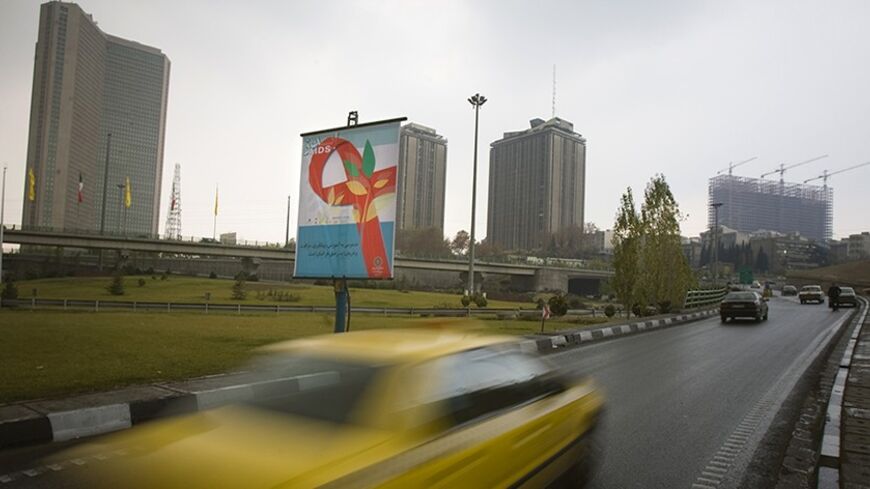The US government has promised to “provide comfort” to Western companies selling humanitarian and other allowed goods to Iran but has offered few details about how it will carry out its pledge to help establish a new “financial channel” to facilitate such transactions.
Under the terms of the Nov. 24 accord, which is to be implemented starting Jan. 20, Iran will be able to sell petrochemicals, import parts for its automotive industry and sell oil primarily to Asian countries at current reduced levels of about 1 million barrels a day. Iran will also get access to $4.2 billion in previous oil earnings bottled up in banks in importing countries, to be doled out in monthly increments starting with $550 million on Feb. 1.



